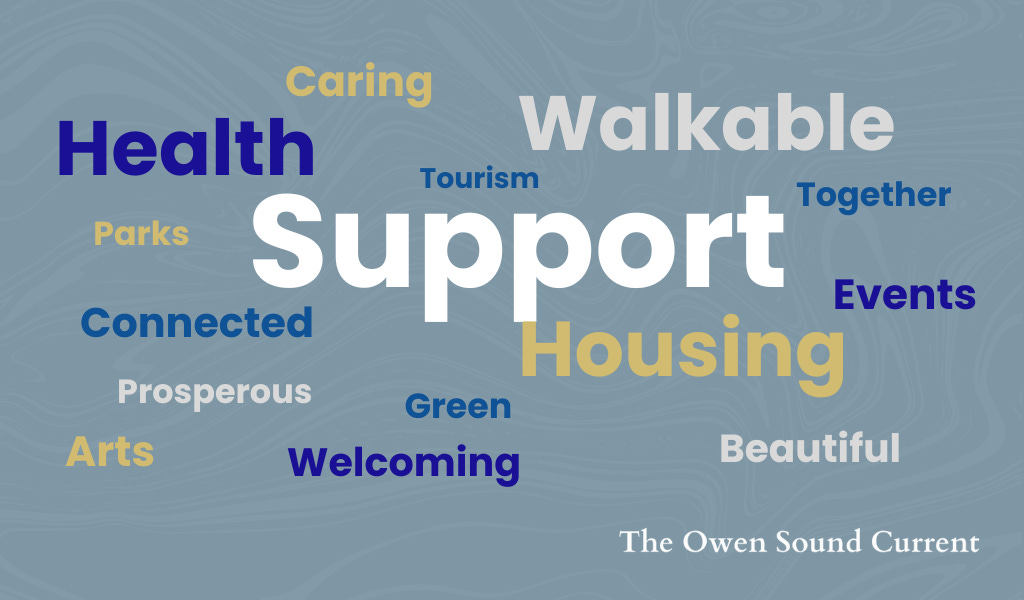Vision 2050 Report Part 6: Residents Call for a Cleaner, Fairer, More Transparent Owen Sound
Nearly 700 residents shared detailed visions for a prosperous and vibrant Owen Sound — one that takes care of its people, uses its strengths wisely, and connects every neighbourhood.
We continue our independent analysis of community responses to the City of Owen Sound’s ‘Vision 2050’ survey, the results of which were obtained in 2025 through a freedom of information and access request.
In Part 1 of our report, we dug into responses on whether Council’s existing priorities should be reframed. In Part 2, we explored additional prioriti…
Keep reading with a 7-day free trial
Subscribe to The Owen Sound Current to keep reading this post and get 7 days of free access to the full post archives.



